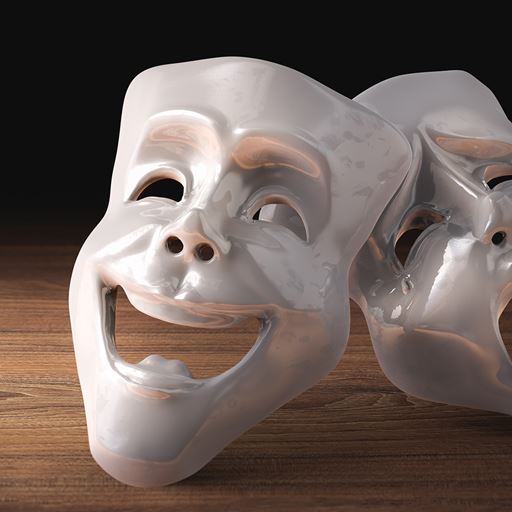Dr Birte Loschenkohl, who has recently joined our School of Philosophy and Art History from the University of Chicago, will show how comedy can help advance a realist perspective within political philosophy.
Funded by the European Commission, her two-year research project The Comedy of Political Philosophy, will explore the relationship between political action and comedy primarily in the works of Aristophanes, Machiavelli and Hegel.
Explaining why comedy, a previously untapped resource in understanding political philosophy, is so important, Dr Loschenkohl said: “There has been a growing interest in recent decades in using tragedy as a mode of reflection amongst political philosophers. Tragic heroes are depicted as better than the average person. They are typically part of the nobility, sometimes even semi-divine, and always virtuous. Despite this, their stories end in catastrophe.
“Comedy gives us average people - farmers, workers, commoners - who are not especially virtuous, smart or good. They never have perfect strategies and yet through their actions things work out and change is made,” she added.

)
.jpg?mh=500&mw=500&hash=6568B6C9CCF5290A596BEF6678B6AD0E)




